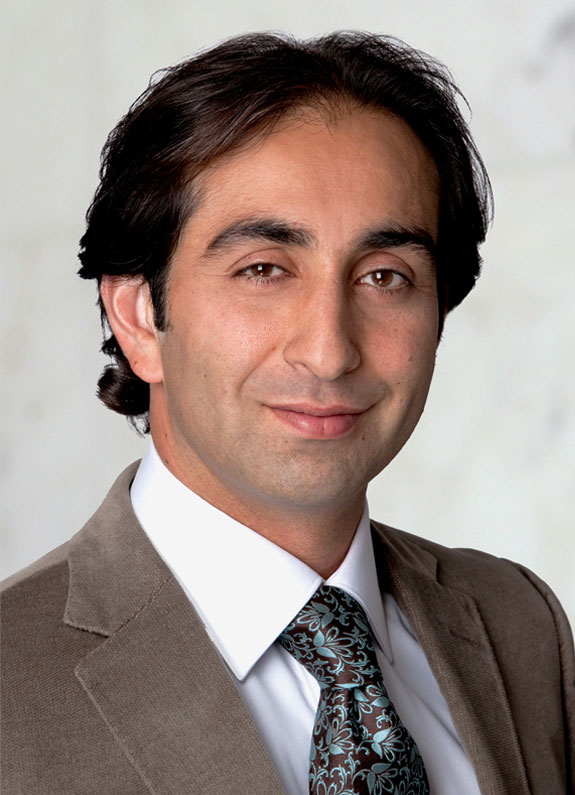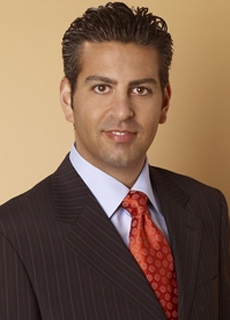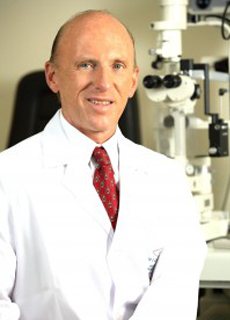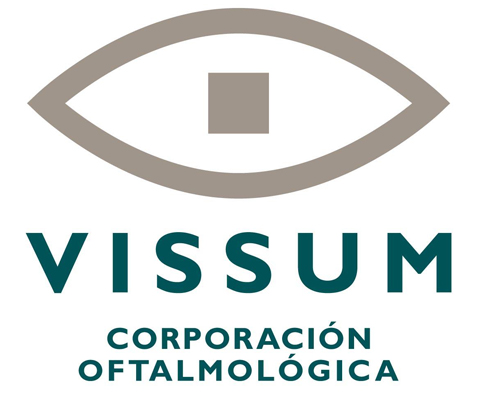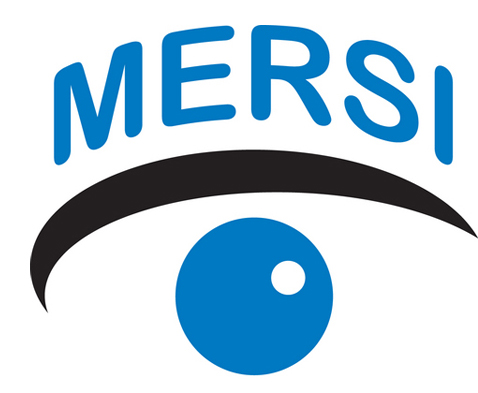REQUEST AN APPOINTMENT
TESTIMONIALS
Retinal Disease and Surgery
At Beverly Hills Medical Center of Kuwait, our board certified ophthalmologists treat many types of conditions that affect the eye including cataracts, dry eye, glaucoma, and other types of retina disease. Types of retinal diseases and conditions can include retinal tears, retinal detachment, diabetic retinopathy, macular degeneration, and macular holes.
Surgery on the eye is a very delicate procedure, and retina surgery is no exception. Retina surgery is usually needed in cases where there is any type of edema or bleeding of the retina or macula or if the retina has become detached, which can cause serious damage. When considering any type of retinal surgery, it is important that you speak with a highly qualified ophthalmologist.
About the Retina

The retina is a very thin tissue, located in the back of the eye, that lines that back of the eye and allows us to see an image. The retina, similar to film, is lined with nerve endings called rods and cones that are very sensitive to light.
The macula is a very important part of the retina. It allows us to see very fine details, such as the fibers in a thin thread. The macula is very sensitive to circulatory changes such as the type that occur with aging. Since the retina contains a network of blood vessels and arteries that allow oxygen and nutrients to enter the retina, it is very important this blood vessel network is healthy and functioning properly. If not, it could lead to vision loss.
Retinal Diseases
Retinal diseases and disorders usually all cause visual symptoms. While some retinal disorders are easily diagnosed, others can be rarer and require complex treatment. If untreated these conditions can result in vision loss or blindness. The following is a list of retinal diseases and conditions:
- Retinal tear. A retinal tear can occur when the vitreous, the clear gel substance in the middle of your eye, shrinks and pulls on the retina, causing a tear.
- Retinal detachment. Usually when the retina lifts away from the surrounding tissue, a retinal detachment occurs.
- Diabetic retinopathy. Caused by diabetes, with this condition the tiny blood vessel in the back of your eye start to leak fluid and cause the retinal to swell.
- Epiretinal membrane. This condition affects the center of the retina in the back of the eye. A membrane tissue can grow over the retina disturbing vision and making objects appear blurry.
- Macular hole. Caused by macular degeneration or trauma, a macular hole is a small hole in the center of the retina (macula).
- Macular degeneration. During macular degeneration, the macula starts to degenerate causing blurry vision and can lead to a blind spot or vision loss.
Retinal Surgery and Treatment
Treating Retinal Detachment
Treatment of retinal detachment usually involves a laser to fill any holes or tears, but if the retina is in the later stages of retinal detachment, your surgeon may choose one of the following treatments, each of which is offered at Beverly Hills Medical Center of Kuwait:
Scleral buckling: This is the most common treatment for retinal detachment. Usually a fairly quick procedure, scleral buckling requires patients to stay in the hospital overnight. An ophthalmologist starts out by sealing any holes in the retina with a laser. This creates scar tissue sealing the hole. A scleral buckle made of silicone or plastic is usually sewn to the outer wall of the eye that compresses the eye and is left in place permanently.
Pneumatic retinopexy: Under local anesthesia, a laser is used to seal the hole or tear. The surgeon then injects a gas bubble directly inside the vitreous cavity of the eye to push the detached retina against the back outer wall of the eye (sclera). The gas bubble initially expands and then disappears over two to six weeks. This treatment isn’t for every case of retinal detachment but can be used in conjunction with a scleral buckle.
Vitrectomy: In very severe cases, vitrectomy surgery is performed under general or local anesthesia. The vitreous gel of the eye is removed and replaced with a gas to refill the eye and reposition the retina. The gas eventually is absorbed and is replaced by the eye’s own natural fluid. A scleral buckle is often also performed with the vitrectomy.
Treating Macular Edema
Macular edema is a condition usually caused by diabetes in which the macula fills up with proteins. This causes it to swell and leads to a decrease in vision. Similar to treatment for retinal detachment, macular edema usually involves a laser.
To treat macular edema, or bleeding of the macula in the retina, a beam of high-energy laser light is used to fill leaking blood vessels. This will stabilize the condition and slow the progression of the condition. It will not, however, cure it.
Treating Diabetic Retinopathy
Diabetes can harm your eyes due to its propensity to cause damage to small blood vessels in your retina and the back part of your eye. This is called diabetic retinopathy. Diabetes also increases the risk of developing glaucoma, cataracts, and other eye problems. Most people who suffer from this condition are of working age and have either type I or II diabetes. Many people with early-stage diabetic retinopathy have no symptoms before major bleeding occurs in the eye. It is for this very reason that everyone with diabetes should have regular eye exams.
Another laser procedure (proliferative retinopathy) is used to destroy abnormal blood vessels that can form in the back of the eye because of diabetic retinopathy. Hundreds of small flashes shrink the blood vessels to protect vision. Multiple treatments are usually necessary to achieve the best results.
Contact Beverly Hills Medical Center of Kuwait
The Beverly Hills Medical Center of Kuwait specializes not only in refractive surgeries such as Femto-LASIK and PRK, but also in retina disease and surgery. If you are looking into options for retina surgery, or believe that you may be showing symptoms of some type of retina disease, please call us today at +(965)-222-89999 to make an appointment with one of our qualified ophthalmologists.
Next, read on to learn more about about Uveitis.


